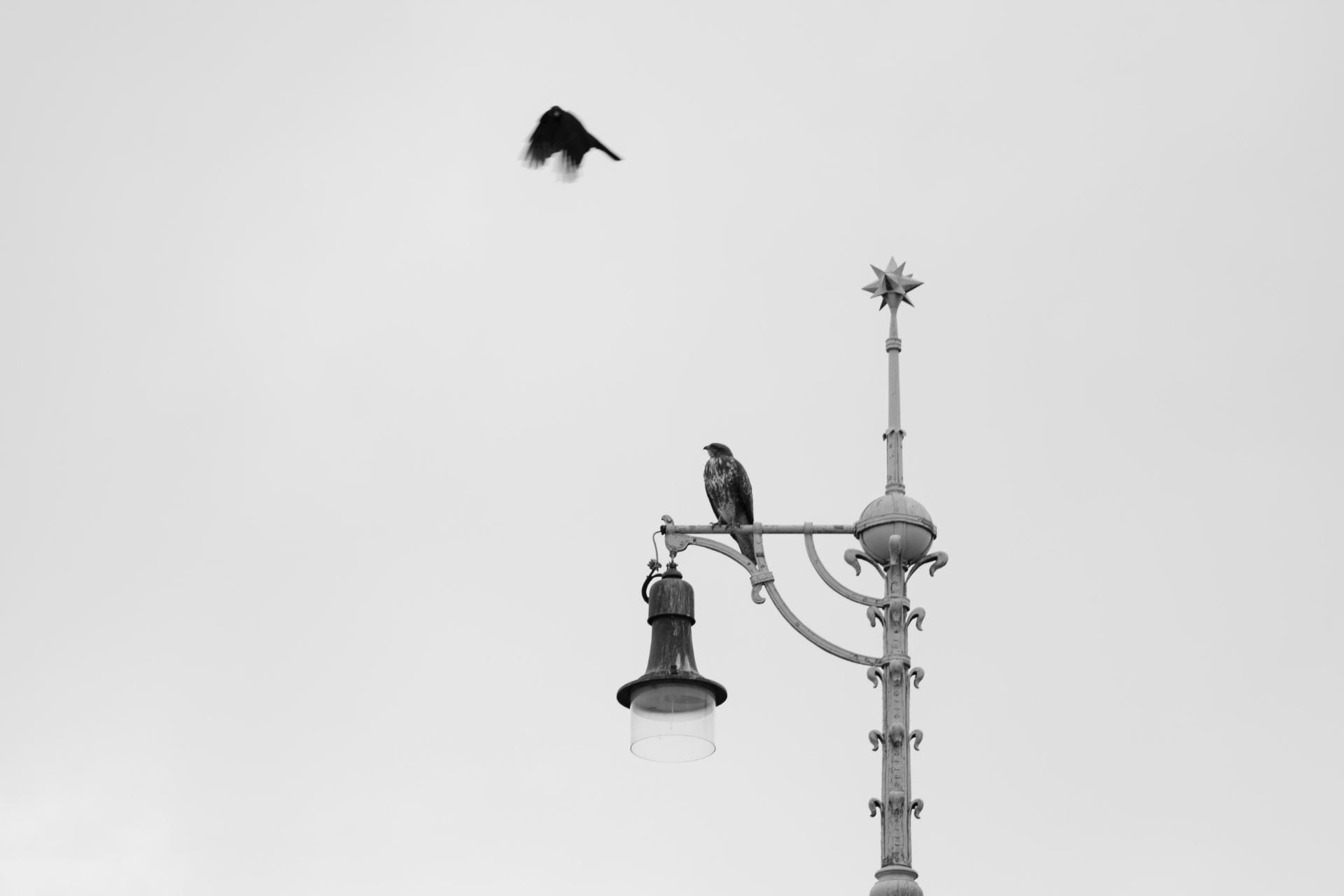
My last day at the department where I did my PhD, I had cleaned out my desk, turned in all of my things (which was not a lot- in those days PhD students didn’t get something as exotic as a laptop, so my computer just stayed where it was), and said my goodbyes to the PhD students, technicians, and supervisors I had spent five years with, celebrating successes and sharing frustrations. I still had graduation to go, but in the Dutch system that is months after completing, and in the meantime I had taken a job in Switzerland so I really was leaving for a different phase.
As I sunk into my seat on the metro on the way home I thought to myself “But… I could just go back again tomorrow, right? Just for a little?”
Leaving the protective nest of an educational situation is hard. Whether it is leaving the department of your PhD work, or leaving the protected environment of a training program like veterinary medicine. Questions about who you are, how you will take on the responsibility entrusted in veterinarians, and how to move into a new phase of life run high- and this is an area that absolutely needs attention, given the issues with high experienced stress levels and low mental well-being seen especially in early-career veterinarians (Jansen et al., 2024). In the past few weeks I have been happy to have a number of students ready to “leave the nest” and graduate, but I also worry knowing these statistics. Have we given them enough resilience to get through those first years?
Looking into the literature on veterinary professional identity (nicely reviewed in Scholz & Trede, 2023), one of the ideas that I find most appealing is the difference between those working from a “diagnosis-focused” versus “challenge” identity (Armitage-Chan & May, 2018). For the diagnosis-focused, if the diagnosis is incorrect, or the client is difficult, or otherwise things go differently than planned, the professional with a “diagnosis focused” identity experiences that as a failure. For the challenge identity, this is something new to take on: what went wrong? How can I approach it differently to change the outcome now, or a next time?
I find this inherently appealing given the reflection needed to work in from a “challenge” identity- this is hard work. And even better: veterinarians who develop as challenge-focused show marks of better well-being. This is the resilience I am looking for, and working to weave into my student interactions.
From a broader perspective, this lesson can be applied to many fields, including that of Academic Professional- me, for instance. As I work through another funding application in the full knowledge of the abysmal success rates (approximately 15% for this specific one), I know that there is a very good chance that this will end without funding; looking upon this as a challenge, and reflecting on how the process of writing the grant in a collaborative effort has been part of my professional path and growth, is also a path to professional resilience as academics. Good advice for our students, good advice to take ourselves.
Armitage-Chan, E., & May, S. A. (2018). Identity, environment and mental wellbeing in the veterinary profession. Veterinary Record, 183(2), 68–68. https://doi.org/10.1136/vr.104724
Jansen, W., Lockett, L., Colville, T., Uldahl, M., & De Briyne, N. (2024). Veterinarian—Chasing A Dream Job? A Comparative Survey on Wellbeing and Stress Levels among European Veterinarians between 2018 and 2023. Veterinary Sciences, 11(1), 1. https://doi.org/10.3390/vetsci11010048
Scholz, E., & Trede, F. (2023). Veterinary professional identity: Conceptual analysis and location in a practice theory framework. Frontiers in Veterinary Science, 10, 1041475. https://doi.org/10.3389/fvets.2023.1041475
Cite as: Nordquist, R. (2024). TAKING FLIGHT: LEAVING THE NEST AFTER GRADUATION. Zenodo. https://doi.org/10.5281/zenodo.14175487